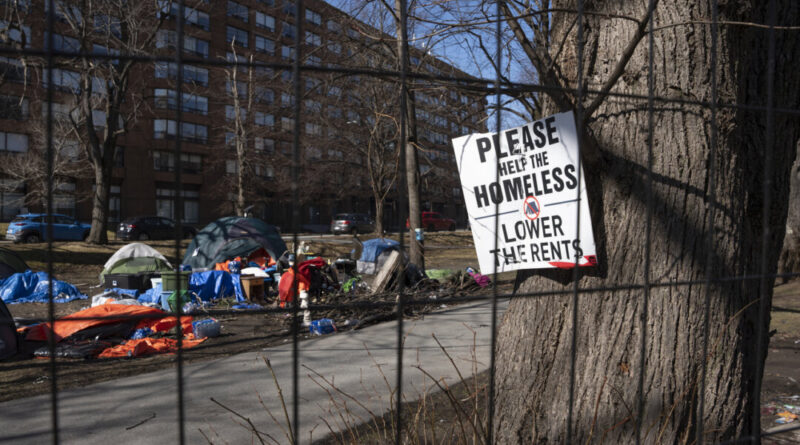Survey shows that Canadians are now most concerned about housing, health care, and crime
As inflation pressures ease, housing and health care have become top concerns for Canadians, according to research by an international charity.
Health care ranks as the top concern, with 59 percent of Canadians identifying it as a primary issue, followed by homelessness and housing insecurity at 44 percent, according to the 2024 edition of the annual “Canadian Poverty and Socioeconomic Analysis.”
While inflation has dropped to third on the list of concerns, 36 percent of Canadians still feel its impact, and 27 percent express pessimism about their financial outlook over the next two years, analysts said.
‘Rising Hardship’
Despite the shift in concerns, The Salvation Army said many Canadians still struggle to meet their basic needs.
“More than half of those accessing food banks are using them for the first time—58 percent this year compared to 43 percent in 2023— highlighting the growing financial strain many are experiencing,” the analysis said.
The Salvation Army noted that parents are disproportionately affected by the affordability crisis, with 58 percent of parents facing food insecurity compared to 50 percent of Canadians overall. Specifically, 24 percent of parents reported cutting back on their own food consumption to ensure their children could eat.
Additionally, 15 percent of Canadians said they missed bill payments due to financial difficulties, a number that rose to 22 percent among parents. Similarly, 27 percent of Canadians lost access to services due to missed payments, compared to 37 percent of parents.
“We know that Canadians are still feeling the pressure, especially when it comes to their basic needs. Our role is to ensure that those who are struggling have access to the services and support they need,” Lt-Colonel John Murray, the Salvation Army’s territorial secretary for communications, said in the Nov. 7 press release.
The Salvation Army’s analysis is based on a survey of 1,509 Canadians, conducted from Sept. 6 to Sept. 12. The sample was balanced and weighted by age, gender, and region, excluding residents of the three territories.





